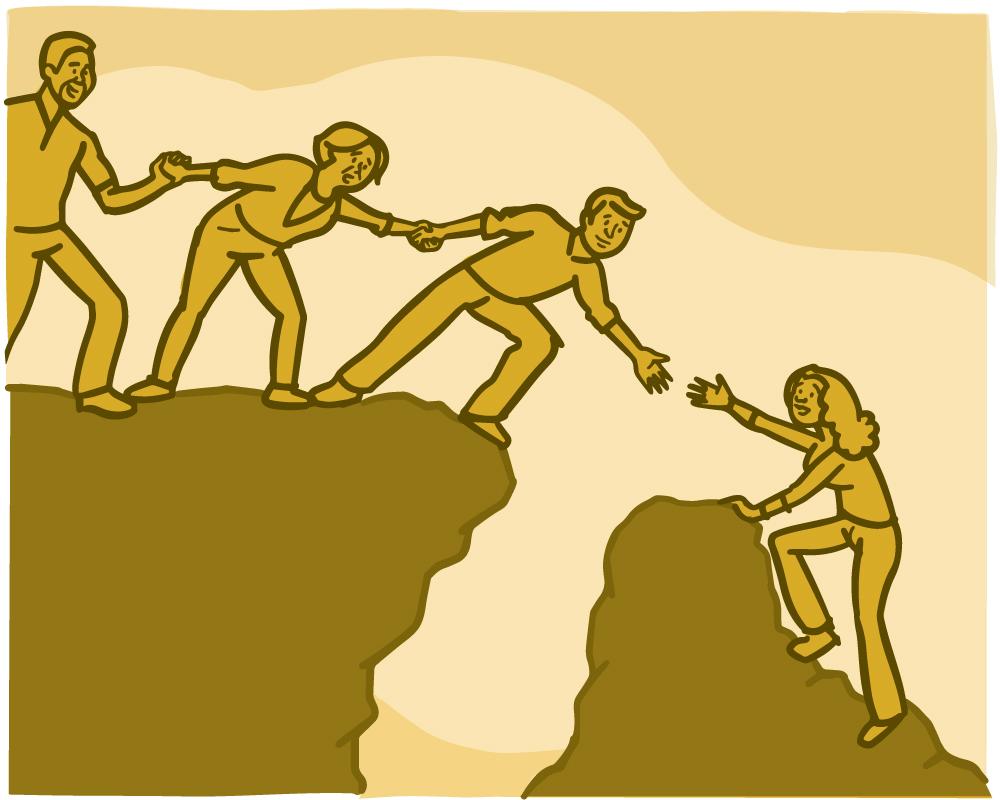Navigating the intricate dance of relationships can often feel like a balancing act, where even the slightest misstep may lead to unforeseen setbacks. These moments, while challenging, are inevitable and an integral part of any meaningful connection. Understanding is not just an art, but a vital skill that can transform temporary turbulence into opportunities for growth and deeper understanding. In this article, we will explore effective strategies to confront and overcome these hurdles with poise and confidence, ensuring that both partners emerge stronger and more resilient. By embracing setbacks as stepping stones rather than stumbling blocks, you can cultivate a more harmonious and fulfilling relationship.
Understanding the Root Causes of Setbacks
To navigate relationship challenges effectively, it’s essential to delve into the underlying factors that often trigger these setbacks. Recognizing these root causes can help foster empathy and patience, paving the way for constructive dialogue and resolution. Here are some common causes to consider:
- Miscommunication: Often, misunderstandings arise from unclear or incomplete communication. It’s crucial to ensure both parties have a shared understanding of each other’s perspectives.
- Unmet Expectations: Expectations, when not aligned, can lead to disappointment. Openly discussing and managing these expectations can prevent feelings of resentment.
- External Stressors: Factors such as work pressure or family obligations can impact the emotional dynamics within a relationship. Identifying these stressors can help in finding ways to support each other.
- Personal Insecurities: Self-doubt or past experiences can influence behavior and reactions. Acknowledging and addressing these insecurities can help in building a stronger connection.
By understanding these elements, couples can approach setbacks with a mindset geared towards growth and healing, rather than conflict. Cultivating this awareness empowers individuals to transform challenges into opportunities for deeper understanding and connection.

Effective Communication Strategies to Foster Healing
In the journey of navigating relationship setbacks, adopting effective communication strategies can be transformative. Begin by creating a safe space for open dialogue. This involves active listening, where you focus on understanding rather than responding. Show empathy and validate your partner’s feelings, ensuring they feel heard and respected.
- Use “I” statements: Express your thoughts and feelings without placing blame. For example, “I feel hurt when…” instead of “You always…”.
- Stay present: Address one issue at a time and avoid bringing up past grievances, which can derail the conversation.
- Practice patience: Allow time for reflection and don’t rush to resolve conflicts immediately. Give each other space to process emotions.
Implementing these strategies can not only mend misunderstandings but also strengthen the emotional bond, paving the way for healing and growth. Remember, communication is not just about speaking; it’s about fostering a mutual understanding and nurturing a deeper connection.

Embracing Vulnerability as a Path to Strength
When facing setbacks in relationships, it’s essential to recognize that vulnerability is not a weakness, but a profound strength. Allowing yourself to be open and honest about your feelings can foster deeper connections and understanding. Acknowledging your emotions and communicating them effectively is the first step in transforming a setback into an opportunity for growth.
- Practice active listening: Ensure your partner feels heard and valued by giving them your full attention without interruption.
- Express your feelings clearly: Use “I” statements to convey your emotions without placing blame.
- Embrace imperfection: Understand that everyone makes mistakes, and view setbacks as learning experiences rather than failures.
- Seek common ground: Focus on shared goals and values to rebuild trust and understanding.
By embracing vulnerability, you not only strengthen your own emotional resilience but also cultivate a more authentic and resilient relationship.

Developing Resilience Through Personal Growth
Experiencing setbacks in relationships is an inevitable part of life, but how we choose to respond can significantly impact our personal growth and resilience. When faced with challenges, it’s essential to adopt a mindset that prioritizes understanding and learning. Here are some strategies to navigate these hurdles with poise and strength:
- Embrace Vulnerability: Allow yourself to feel the emotions that come with setbacks. Suppressing feelings can lead to more significant issues down the line. Acknowledging your emotions is the first step toward healing.
- Reflect and Learn: Take time to reflect on what happened and what role you might have played. This isn’t about assigning blame but about understanding the dynamics at play. Use these insights to foster personal growth and strengthen future relationships.
- Communicate Openly: If possible, engage in honest dialogue with the other person involved. Open communication can clear misunderstandings and provide closure, helping you move forward gracefully.
- Set Healthy Boundaries: Establishing and maintaining boundaries is crucial for personal well-being. Be clear about your limits and respect those of others, ensuring relationships are mutually respectful and supportive.
- Focus on Self-Care: Prioritize activities that nourish your mind, body, and spirit. Whether it’s spending time in nature, meditating, or pursuing a hobby, self-care fortifies your resilience.
By incorporating these strategies, you cultivate a foundation of resilience that not only helps you manage setbacks with grace but also prepares you for a future filled with healthier and more fulfilling relationships.




